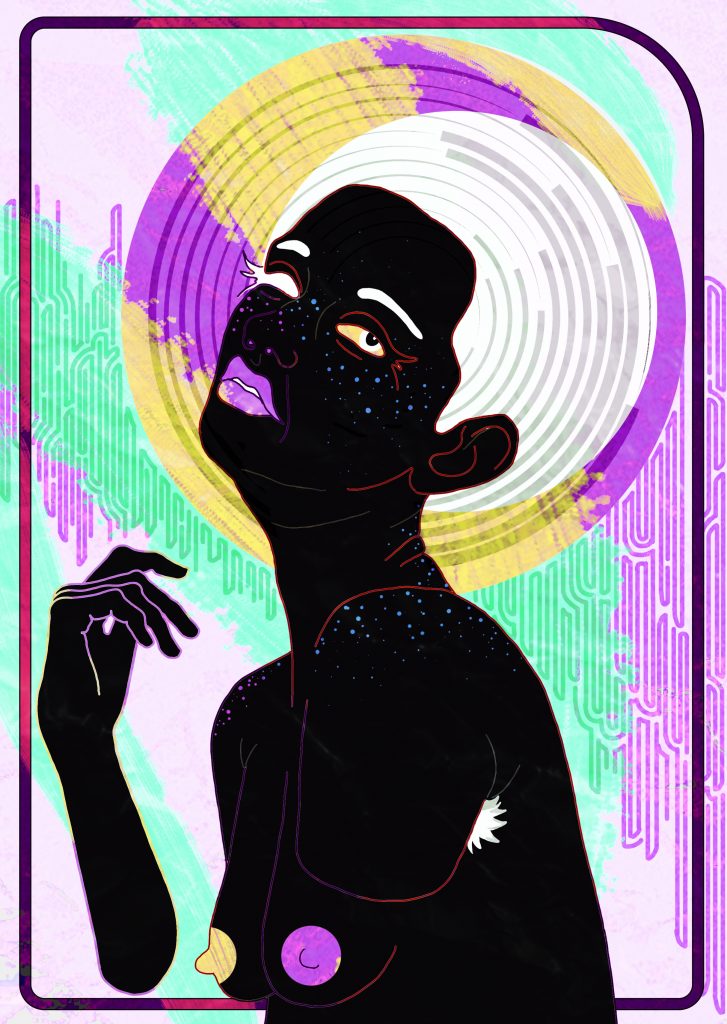
There are many causes of unemployability. Being disabled and older, and not having a college degree are near the top of the list. Not being up to speed on how work expectations have changed in the last decade is another. And there are other marks that can be held against someone as they search for a job as well, even when a job is minimum wage and humiliating.When I still worked in my late teens and early twenties, older men were sometimes my coworkers. Age or lack of it is not an insurmountable barrier if you can do the job.
Yet, mental illness is a substantial barrier to employment for people of any age. I’ve been taking high dosages of antipsychotics for more than three decades. This has an effect. Antipsychotics suppress the brain. If you want to work, you need your brain.
(For writing you need your brain as well. However, the brainpower is harnessed differently in writing. It is a non-pressured environment without excessive stimuli and without immediate demands. I am often able to create a laser focus that allows me to write good material, even though I could never make it flipping burgers at Carl’s Jr. or working at a car wash.)
Additionally, decades of receiving public benefits, which I applied for at age 25 with great reluctance, has conditioned me to have no formal work conditioning. And I am unfamiliar with what the world has become, whether that be the working world, the business world, or the social world. These gaps in knowledge are further disabling.
Because of these factors, if I compare myself now to nondisabled people my age, they are at the summit of long careers in which they’ve made their money and are getting ready to settle into their retirement. And they are usually at or near the top of the heap in supervisory positions, while I am not even in the heap, much less at the bottom of it.
For those who are older and who just can’t do it, how are we expected to survive? I am barely able to get by on what the government is offering, and the recent stimulus checks have kept me going for the past nine months. The pandemic stimulus payments have produced some much-wanted relief. But generally speaking, socioeconomic structures have made it next to impossible to survive solely on public benefits unless we allow ourselves to be institutionalized. And this is a very bleak prospect—a non-option in many scenarios. The alternative could be life on the streets. If I had to survive on the street, I might last a week at the most, and would then be at risk of death. I’m not exaggerating.
Millions of others are struggling as I am. The people at the top of the heap should have more empathy and work to create more options for the people at the bottom. In the meantime, we must instill confidence in ourselves because no one else will do that for us. And we must want to do better, and we must believe we are entitled to an equally happy and comfortable existence as our younger and non-disabled peers.
The mega corporations put up walls that imprison the little people. These walls are awfully hard to scale. Sometimes we need help doing this.
I know there are others who are having a rough time as well, so I hesitate to ask them for help. The solution? I’m working on it. I have a great imagination, and I will devise a way to solve these challenges. I am not helpless. If society doesn’t offer hope to aging disabled older people, we need to go out and create some of our own.
Jack Bragen currently lives in the San Francisco Bay Area.
